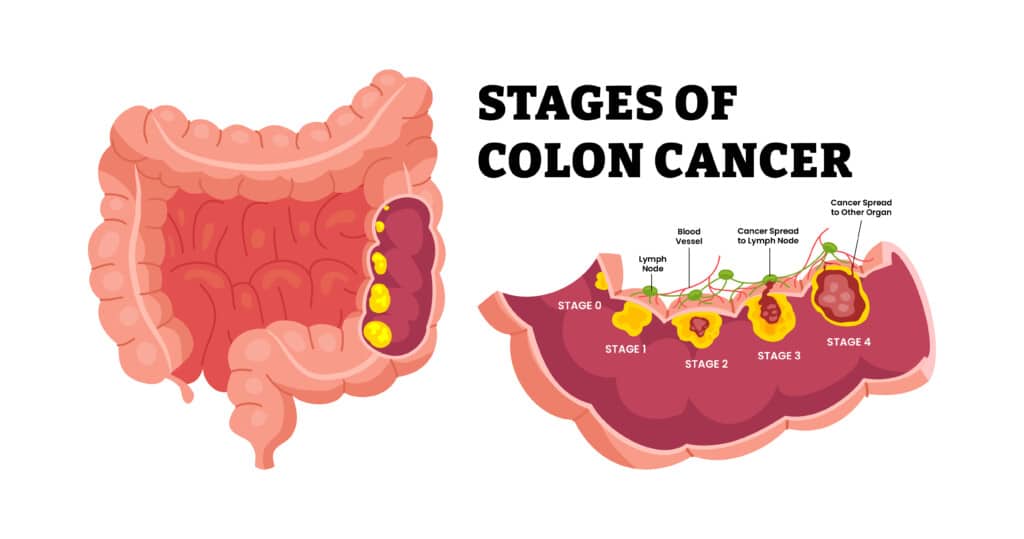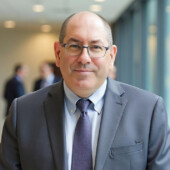Colon Cancer
Colon cancer often develops slowly and, through regular screening, can be detected before it becomes life-threatening. Dr. Anthony Vine provides expert colon cancer treatment in NYC, using advanced minimally invasive laparoscopic techniques to remove the cancer while minimizing pain and shortening recovery time. Recognizing early warning signs and staying current with colonoscopy recommendations are critical steps in reducing risk and improving long-term outcomes.
Symptoms Of Colon Cancer
- Persistent diarrhea, constipation, or thin/pencil-like stools
- Rectal bleeding or blood in stool
- Unexplained weight loss
- Chronic abdominal bloating, cramping or pain
- Weakness or fatigue
- Bowels not emptying completely
Risk Factors for Colon Cancer
- Age – most common after 50, but we are seeing younger patients with colon cancer so the American Cancer Society has changed the age of first colonoscopy to 45.
- Family history of polyps or colon cancer
- Low fiber and/or high fat diet
- Inflammatory bowel disease (IBD)
- Obesity
- Lack of exercise
- Smoking
- Excessive alcohol consumption

Colon Cancer Can Be Prevented
Regular screening is the key to preventing colon cancer, which is considered a slow-growing cancer. A colonoscopy detects polyps in the early stages, before they become cancerous. While the rate of growth varies from person to person, some small, non-cancerous polyps can take 10-15 years to develop into cancerous tumors, while others can grow and spread more quickly. Regular colonoscopies are essential in finding and removing polyps before they develop into cancer, along with a healthy diet, exercise and avoiding smoking.
Colon Cancer Surgery
Dr. Anthony Vine has performed many successful, laparoscopic colon cancer procedures which almost never need a colostomy bag. He sees patients for consultations at the Laparoscopic Surgical Center of New York located at 1010 5th Avenue in New York City.
For more information on this minimally-invasive procedure visit our overview of Laparoscopic Colon Cancer Surgery.
Contact Us
Please fill out our contact us form if you’d like to schedule a consultation with Dr. Vine to learn more about his approach to colon cancer treatment in NYC.

